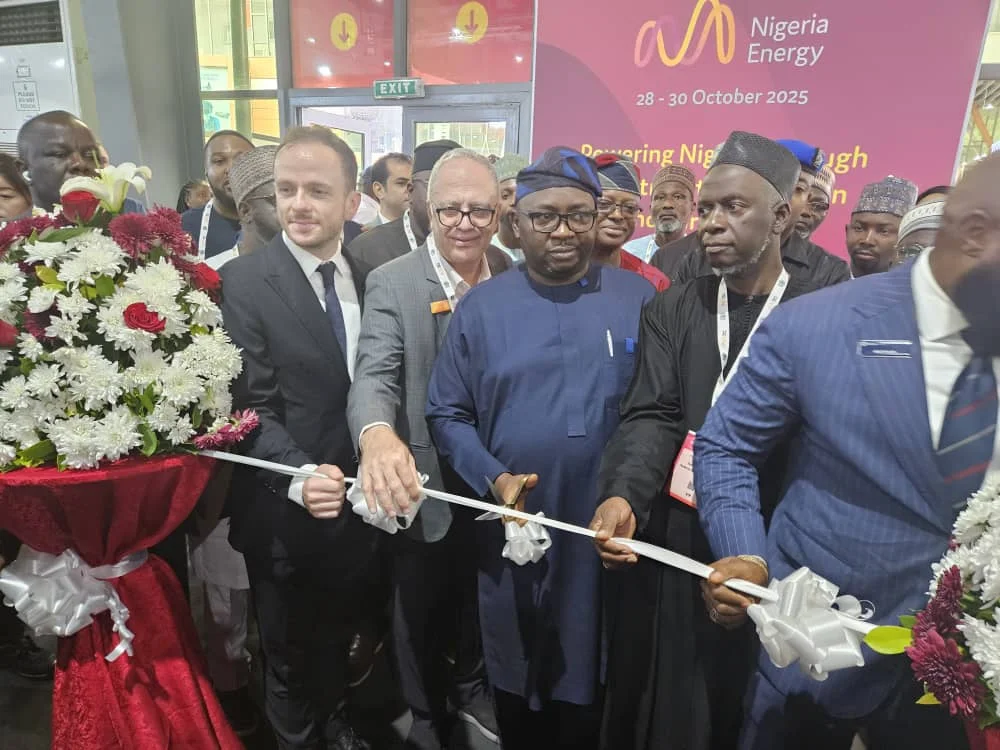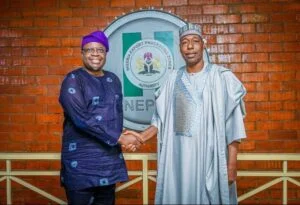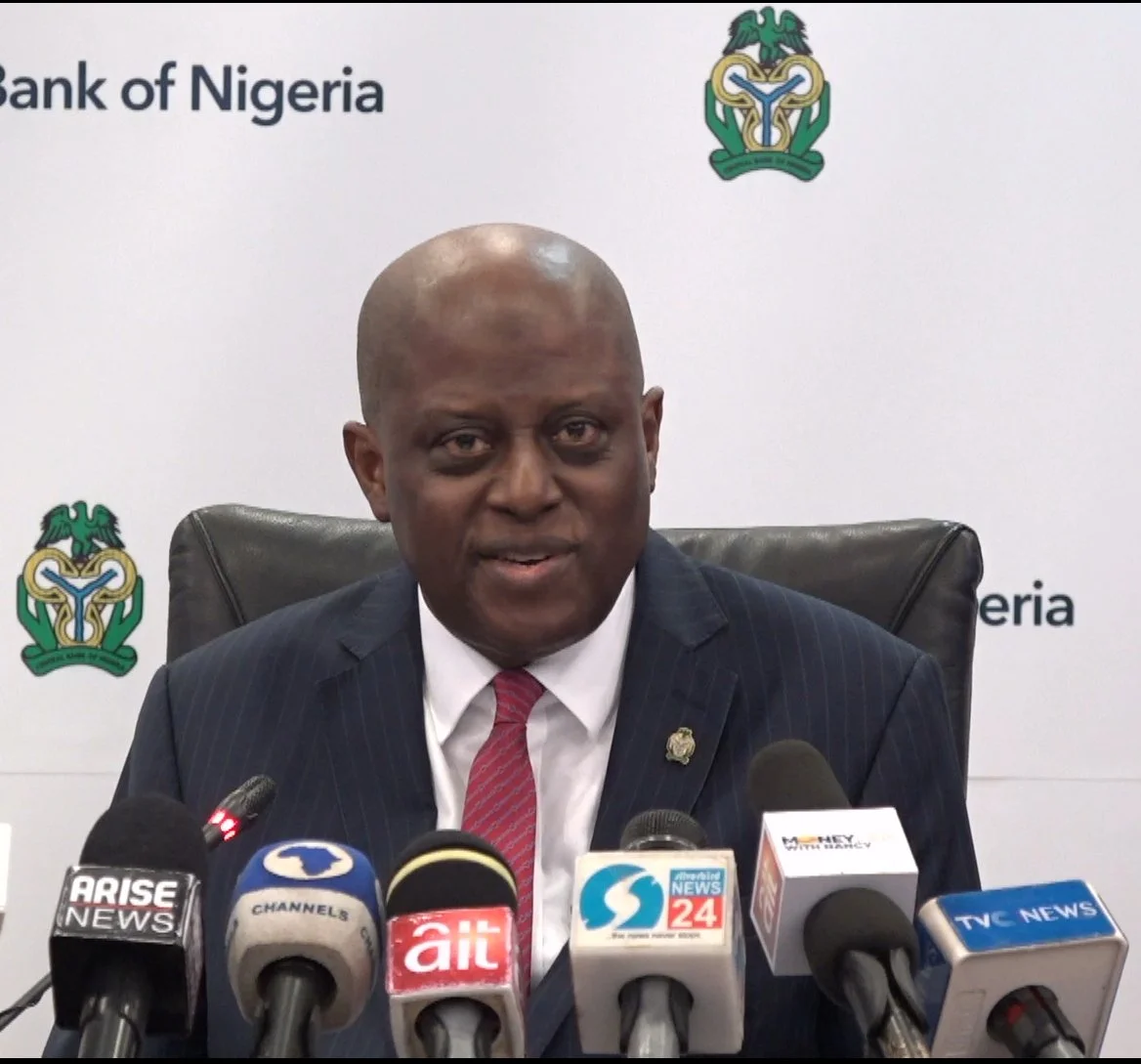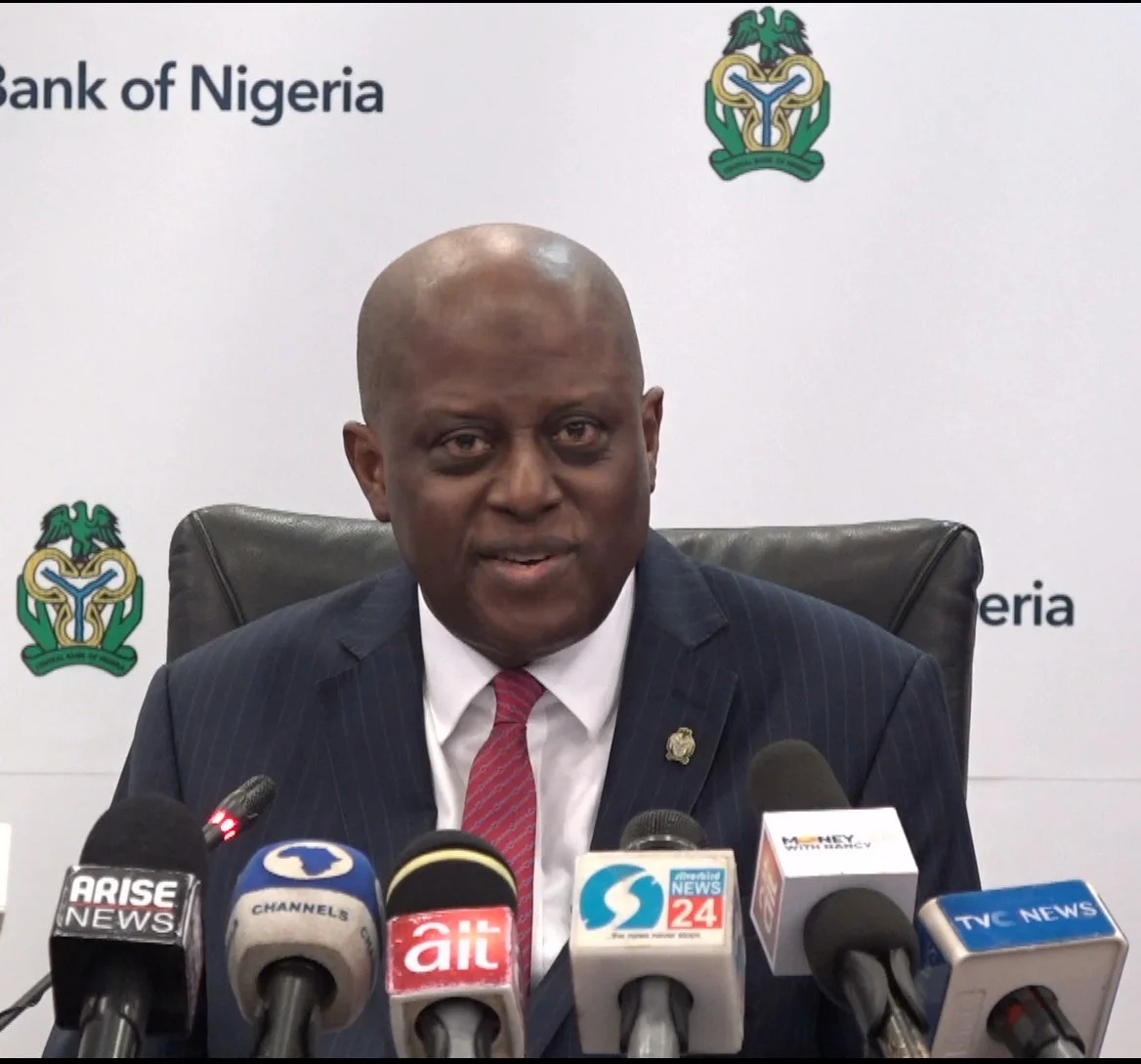Nigeria’s Federal Government has obtained about ₦700 billion from the Federation Account Allocation Committee (FAAC) to deploy 1.1 million electricity meters nationwide by the end of 2025, the Minister of Power, Adebayo Adelabu, has announced.
Adelabu made this known at the 2025 Nigerian Energy Forum in Lagos on Tuesday, themed “Powering Nigeria through Investment, Innovation, and Partnership.”
He said the government’s Presidential Metering Initiative (PMI) aims to close the national metering deficit, enhance billing transparency, and improve the financial health of the power sector. The plan will also see the deployment of two million meters annually for five years after the initial rollout.
The minister explained that the PMI complements the World Bank’s 3.2 million-meter project under the Distribution Sector Recovery Programme (DISREP), designed to eliminate the country’s metering gap within five years.
Adelabu said Nigeria was leveraging bilateral funding and development finance to attract private investment and expand energy access in marginalised communities, schools, and hospitals.
“In the past two years, more than $2 billion has been mobilised through initiatives like the World Bank’s DARES, NSIA’s RIPLE, and the JICA fund,” he said.
He noted that the government was also strengthening technical manpower through new infrastructure at the National Power Training Institute of Nigeria (NAPTIN).
The minister further disclosed that recent agreements at the 2025 Nigerian Renewable Energy Innovation Forum would boost domestic solar production capacity by nearly four gigawatts annually, equivalent to 80 per cent of the country’s current generation output.
“With this progress, Nigeria is on track to achieve its clean energy transition targets and contribute to regional power markets,” Adelabu stated.
He described the Electricity Act 2023 as transformative, giving 15 states the authority to regulate their own electricity markets. “We’re ensuring synergy between wholesale and retail markets,” he said.
According to him, ongoing tariff reforms have improved supply reliability and reduced industrial energy costs, increasing sector revenues from ₦1 trillion in 2023 to ₦1.7 trillion in 2024, with a ₦2 trillion projection for 2025.
Adelabu said President Bola Tinubu had also approved a ₦4 trillion bond to settle outstanding debts to power generation companies and gas suppliers, alongside a targeted subsidy plan to cushion the impact on vulnerable households.
He concluded by reaffirming the government’s partnership with the private sector in unlocking Nigeria’s power potential.
“With sustained investments, innovation, and collaboration, we can power Nigeria’s journey toward a cleaner, stronger, and more reliable energy future,” he said.





